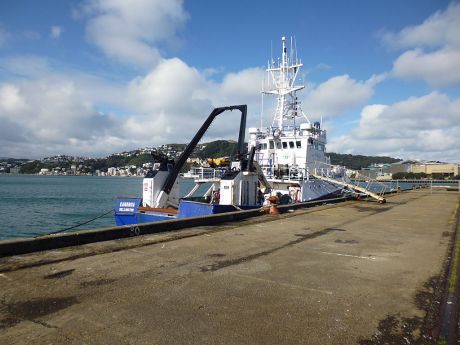The Marine Strategy Framework Directive (MSFD) is a pillar of EU environmental policy, aimed at protecting and cleaning European marine environments by 2020. Nevertheless, while the EU has supported considerable relevant research, little resulting knowledge has been effectively transferred to research policymakers and other stakeholders.
The European Commission called for a rethink of existing approaches, intended for development of a long-term science-policy interface (SPI) to support implementation of the MSFD. Such was the goal of the EU-funded
STAGES (Science and technology advancing governance of good environmental status) project, represented by an eight-member consortium.
During the project's two-year tenure, starting from September 2012, it addressed three objectives. First was to identify and synthesise EU MSFD-relevant research and to make the information more accessible. The project also planned to support implementation of the MSFD by identifying needs for further research and providing recommendations for a science policy platform.
Work yielded several resources and tools allowing access to MSFD-related knowledge. Furthermore, the team illustrated ways of improving structural aspects of utilising existing knowledge, including for policy and decision-making purposes.
The exercise produced two innovative software tools. The MSFD component of the marine knowledge gate represents the best available overview of MSFD-related research. Secondly, the team produced a clustering and visualisation tool, permitting users to search for particular projects or research. The project also produced a statistical overview of EU MSFD research, along with recommendations on the research-harnessing process.
Following the research evaluation and synthesis, STAGES produced State of the Art Reports reflecting the five MSFD themes. The Reports were intended to summarise current research. The consortium developed a web application allowing further updates beyond the project's lifetime.
In consultation with experts, researchers identified knowledge gaps and needs for further research concerning monitoring programmes, impacts and socioeconomic analysis.
Lastly, the team developed a proposal for an effective long-term SPI platform, including key elements and proposals in support of MSFD. The platform, and other project outputs, were disseminated to stakeholders.
The STAGES project helped match EU marine research to the necessary policy output.

